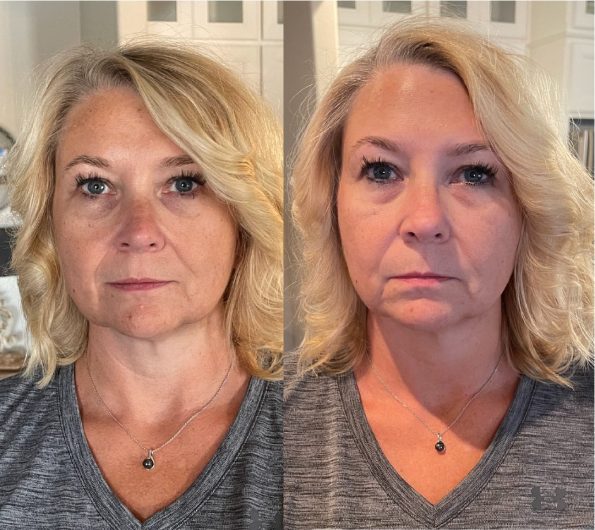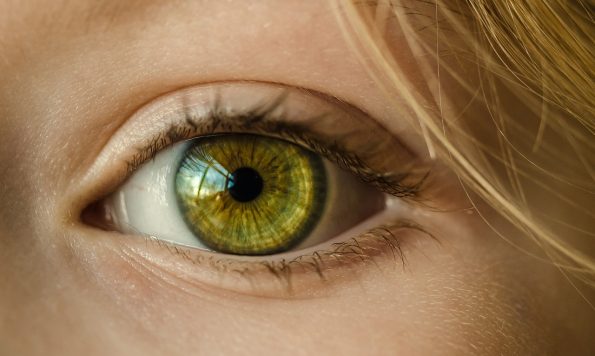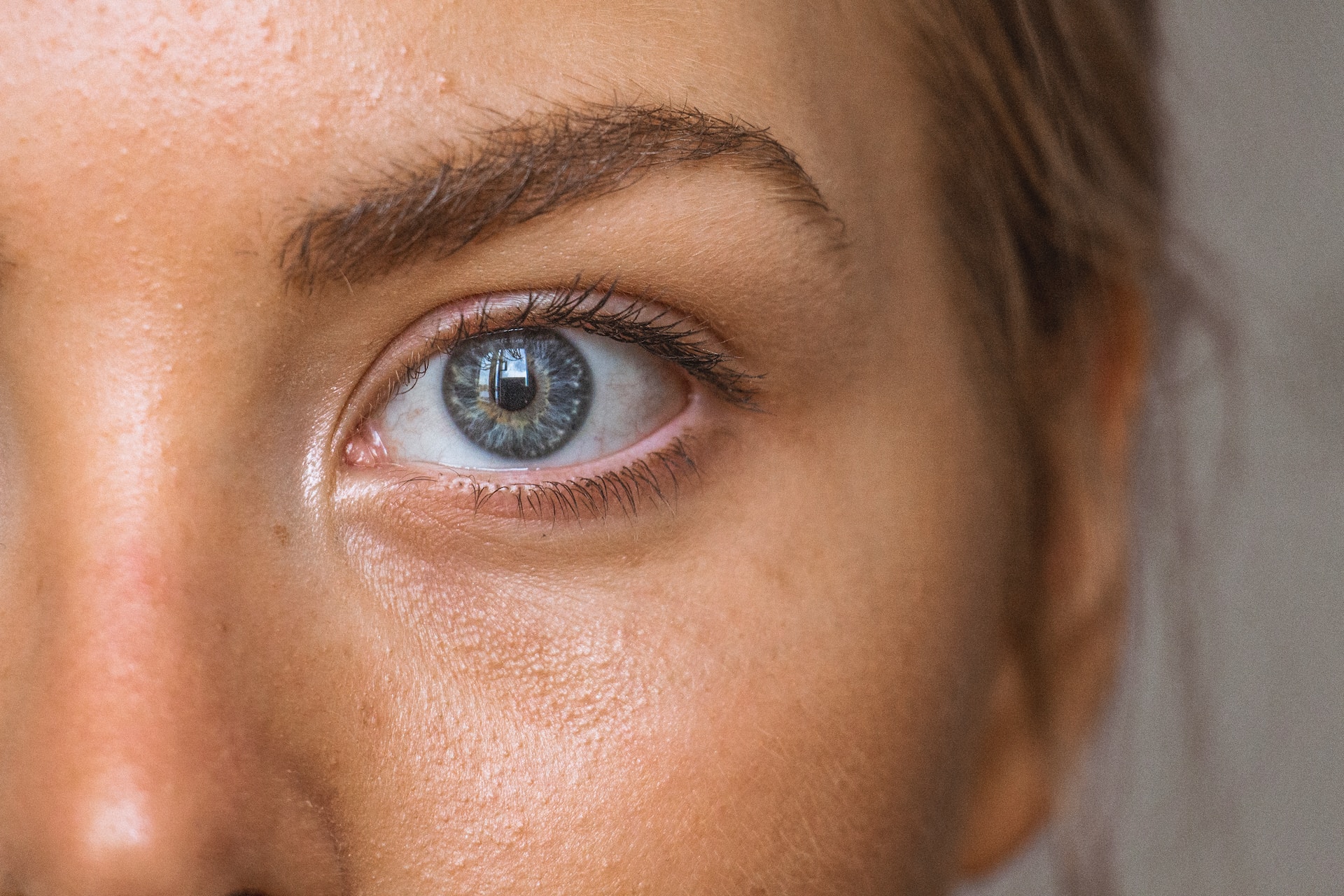As women, we know that our bodies go through some incredible changes during pregnancy. While the joy of motherhood is unparalleled, the toll it takes on our skin can be disheartening. One of the key concerns many new moms have is restoring skin elasticity and regaining that firmness and tightness. That’s where collagen comes in. We’re going to dive into the world of collagen, its impact on skin elasticity, and how it can help us achieve that post-pregnancy glow we desire.
Understanding Skin Elasticity and Collagen:
Skin elasticity refers to the ability of our skin to stretch and bounce back to its original form. It plays a vital role in maintaining a youthful and toned appearance. Collagen, a protein abundant in our bodies, acts as the main building block of our skin. It provides structure, strength, and elasticity. However, as we age and after the changes that come with pregnancy, collagen production in women decreases, leading to a loss of firmness and tightness. And that’s one of the difficulties we have to deal with as we journey through life. But…there is something we can do about it.
Can Collagen Help Skin Elasticity?
The good news is that collagen can indeed help restore skin elasticity. Scientific studies have shown that collagen supplementation can improve skin elasticity, resulting in a more youthful and rejuvenated appearance. In fact, in the pre-mentioned study, they found that “the test product significantly improved skin hydration, elasticity, roughness, and density.” By taking collagen, we can support the body’s natural collagen production, thereby enhancing the skin’s ability to retain moisture, promote elasticity, and reduce the appearance of fine lines and wrinkles.

Reversing Sagging Skin: The Role of Collagen
You might be wondering if collagen can actually reverse sagging skin. While it’s essential to manage expectations, collagen supplementation has shown promising results in improving skin firmness and tightness. By providing the necessary building blocks, collagen can support the skin’s natural regeneration process, stimulating the production of elastin fibers. Elastin, another protein in our skin, helps maintain its elasticity and resilience.

Rebuilding Collagen and Elastin in Your Skin
Aside from collagen supplementation, there are several natural ways to rebuild collagen and elastin in your skin, allowing you to restore firmness and tightness after pregnancy. Here are some effective tips to consider:
1. Embrace a Healthy Diet:
Why this is always an effective tip for anything dealing with our health? It’s because a healthy diet is imperative to wellness! A well-rounded, collagen-boosting diet is crucial for skin health. Include foods rich in vitamin C, such as citrus fruits and berries, as it plays a vital role in collagen synthesis. Opt for protein sources like lean meats, fish, eggs, and legumes, which provide amino acids necessary for collagen production. Additionally, incorporate foods containing antioxidants, like leafy greens and colorful vegetables, to combat free radicals that can degrade collagen.
2. Stay Active:
Regular exercise not only helps you stay fit but also supports collagen production. Engaging in activities like strength training and resistance exercises helps stimulate collagen synthesis. These exercises also enhance blood circulation, delivering essential nutrients and oxygen to your skin, promoting its overall health and elasticity.
3. Adopt a Skincare Routine:
Establishing a skincare routine with collagen-boosting ingredients can make a significant difference in restoring skin elasticity. Look for skincare products containing peptides, retinol, hyaluronic acid, and vitamin C. These ingredients help stimulate collagen production, improve hydration, and reduce the appearance of fine lines and sagging skin. Don’t forget to protect your skin from harmful UV rays by using broad-spectrum sunscreen daily if you get regular sun exposure.
4. Consider Professional Treatments:
If you desire more intensive results, there are professional treatments available that can boost collagen and elastin production. Consult with a dermatologist or skincare professional to explore options like micro-needling, laser therapies, or radiofrequency treatments. These procedures stimulate collagen remodeling, resulting in improved skin texture, firmness, and elasticity.

How Much Collagen Per Day for Skin Elasticity?
When it comes to collagen supplementation, the recommended dosage can vary. For general skin health and elasticity, a daily intake of around 2,500 to 5,000 milligrams of collagen is often suggested. However, it’s essential to consult with a healthcare professional to determine the right dosage for you based on your specific needs and any underlying health conditions.
Incorporating collagen into your daily routine can take various forms, such as collagen powders, capsules, or even collagen-rich foods like bone broth. Choose high-quality collagen products from reputable brands to ensure optimal results.
Radiate Confidence: Reclaiming Your Skin’s Firmness and Tightness
As women navigating the beautiful journey of motherhood, it’s natural to desire the restoration of firmness and tightness in our skin after pregnancy. Collagen offers a promising solution, supporting our skin’s elasticity and rejuvenation. By incorporating collagen supplementation, adopting a healthy lifestyle, and utilizing effective skincare practices, we can restore our skin’s vitality and regain the confidence that comes with feeling our best.
And always remember, the process of rebuilding collagen takes time, so be patient and consistent with your efforts. Embrace this self-care journey as a celebration of your incredible body and the strength it possesses. With collagen for women as your ally, you can embrace post-pregnancy beauty and radiate that natural glow once again.











